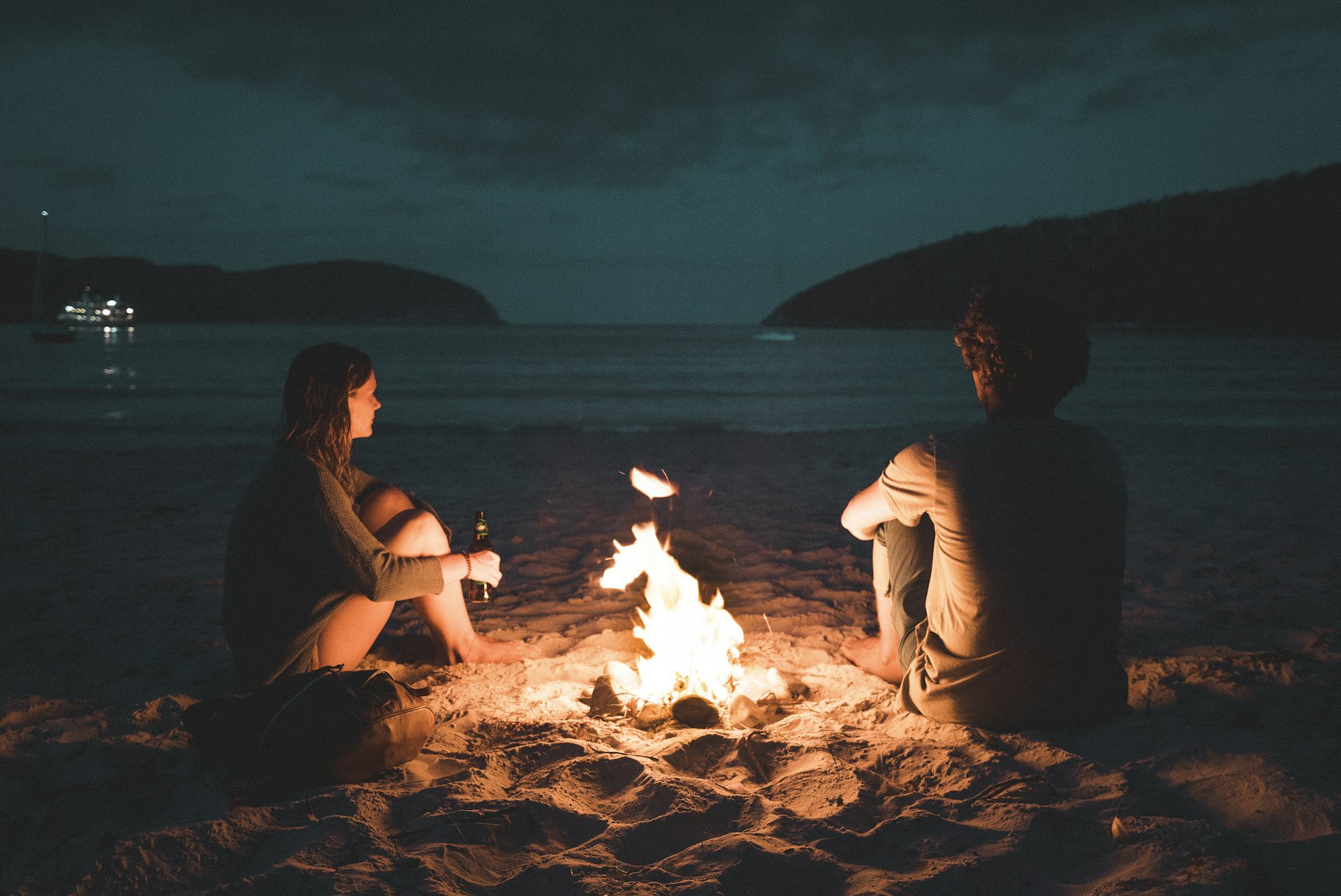Mpika, Zambia

population: 0.08 million
extension: 24,890 square kilometers
Museums
If you're in Mpika, Zambia and want to visit museums, a great place to go is the Moto Moto Museum in nearby Mbala. It is located approximately 100 km northeast of Mpika and showcases the cultural heritage of the Bemba, Tonga, and other tribes in the region. Other museums in the area include the Livingstone Museum in Livingstone (approximately 1,000 km south of Mpika) and the Copperbelt Museum in Kitwe (approximately 500 km southwest of Mpika), which both offer exhibits on Zambian history and culture.
Food
The most recommended, popular, and typical dishes to eat according to local people in Mpika, Zambia include:
1. Nshima: This is a staple food made from maize flour that is boiled with water to create a thick porridge-like consistency. It is often served with relish, which can include vegetables or meat.
2. Kapenta: This is a small freshwater fish that is dried and then fried or cooked in a stew. It is a popular source of protein in Zambia and is often served with nshima.
3. Chikanda: Also known as African polony or African sausage, this is a type of sausage made from ground peanuts, cassava flour, and spices. It is often grilled or fried and is a popular snack or street food.
4. Ifisashi: This is a vegetable stew made with leafy greens such as pumpkin leaves or spinach, peanuts, and spices. It is often served with nshima.
5. Munkoyo: This is a traditional Zambian drink made from fermented maize meal and water. It has a sour taste and is often served as a refreshing beverage on hot days.
Activities
Some fun activities that local people enjoy in Mpika, Zambia include:
1. Visiting Chitambo's Grave: This historical site is located about 60 km south of Mpika and is the resting place of Chief Chitambo, who was the leader of the Bemba people in the 19th century.
2. Hiking in the nearby mountains: Mpika is surrounded by beautiful mountain ranges that offer great hiking opportunities, such as the Muchinga Mountains and the Kundalila Falls.
3. Cultural events: Local festivals and events like the Shimunenga Traditional Ceremony, which takes place in August, provide an opportunity to experience the traditional dances, music, and food of the Bemba people.
4. Wildlife encounters: Nearby game reserves like North Luangwa National Park and South Luangwa National Park offer opportunities for wildlife viewing and safari adventures.
5. Visiting local markets: The weekly markets in Mpika are a lively hub of activity where locals gather to sell produce, crafts, and other goods, and are a great place to soak up the local culture.
